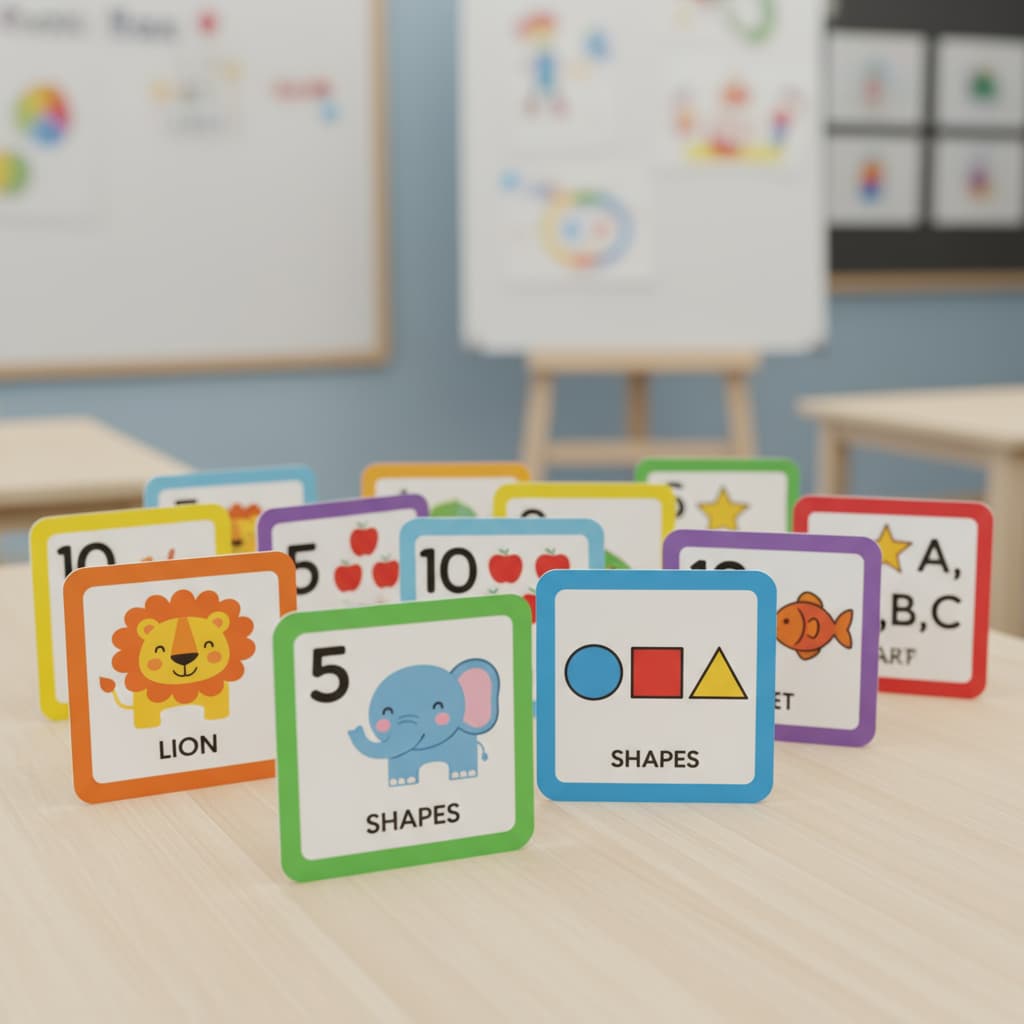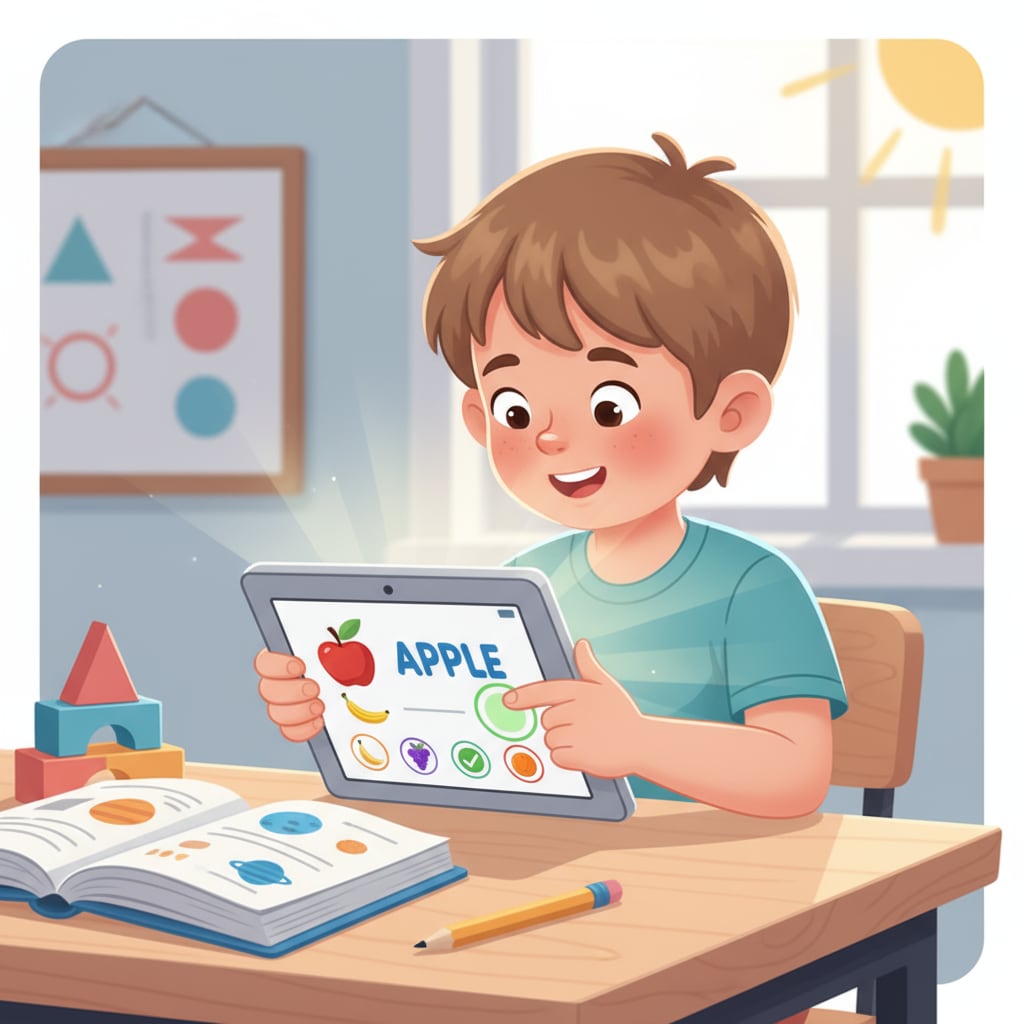In the realm of K12 education, the significance of learning basic knowledge, adopting effective flashcard learning methods, and building a comprehensive general knowledge system cannot be overstated. Flashcards have emerged as a powerful tool to help children master a wide range of fundamental information, from the number of days in each month to geographical facts. This article will delve into the process of selecting and utilizing appropriate flashcard resources to create a solid foundation for kids’ general knowledge.
The Power of Flashcards in Learning Basics
Flashcards offer a unique and efficient way to learn basic concepts. They simplify complex information into bite-sized chunks, making it easier for children to understand and remember. For example, when teaching kids about the solar system, a flashcard can display a picture of a planet on one side and key facts such as its name, distance from the sun, and unique features on the other. This visual and interactive approach enhances memory retention. According to Britannica’s learning theory, repetition and association are crucial elements in the learning process, and flashcards excel at providing both. By repeatedly reviewing flashcards, children can commit information to long-term memory.

Selecting the Right Flashcard Resources
When choosing flashcard resources for kids, several factors need to be considered. First, the content should be age-appropriate. For younger children, flashcards with simple pictures and basic vocabulary are ideal. As they grow older, more complex concepts can be introduced. Additionally, the quality of the flashcards matters. Durable materials ensure they can withstand frequent use. Look for flashcards that are well-designed, with clear images and easy-to-read text. There are also many digital flashcard apps available, such as Anki, which offer features like customizable decks, progress tracking, and audio pronunciations. These apps can be a great addition to traditional paper flashcards.

Another important aspect is the variety of topics covered. A comprehensive set of flashcards should include subjects like history, science, language arts, and mathematics. This broad range of topics helps children develop a well-rounded general knowledge base. Moreover, some flashcard sets come with additional learning materials, such as quizzes or games, which can make the learning process more engaging and fun.
Readability guidance: Each section here is kept short and focused. Transition words like ‘first’, ‘additionally’,’moreover’ are used to connect ideas. The paragraphs are concise, with an average sentence length within the desired range, and mostly in the active voice.


